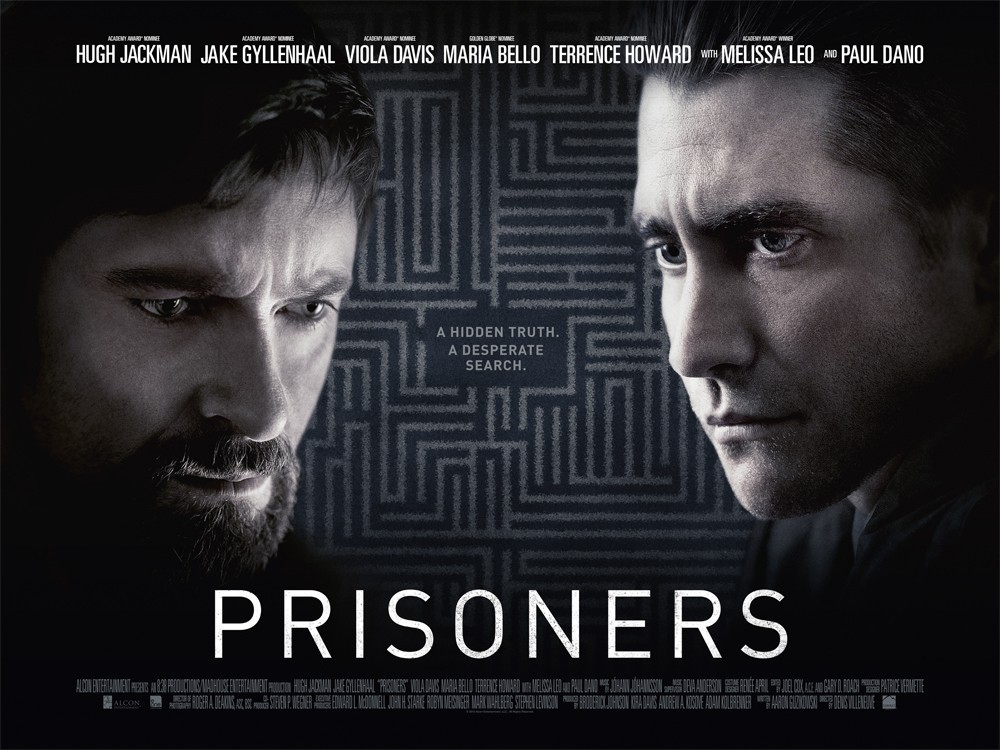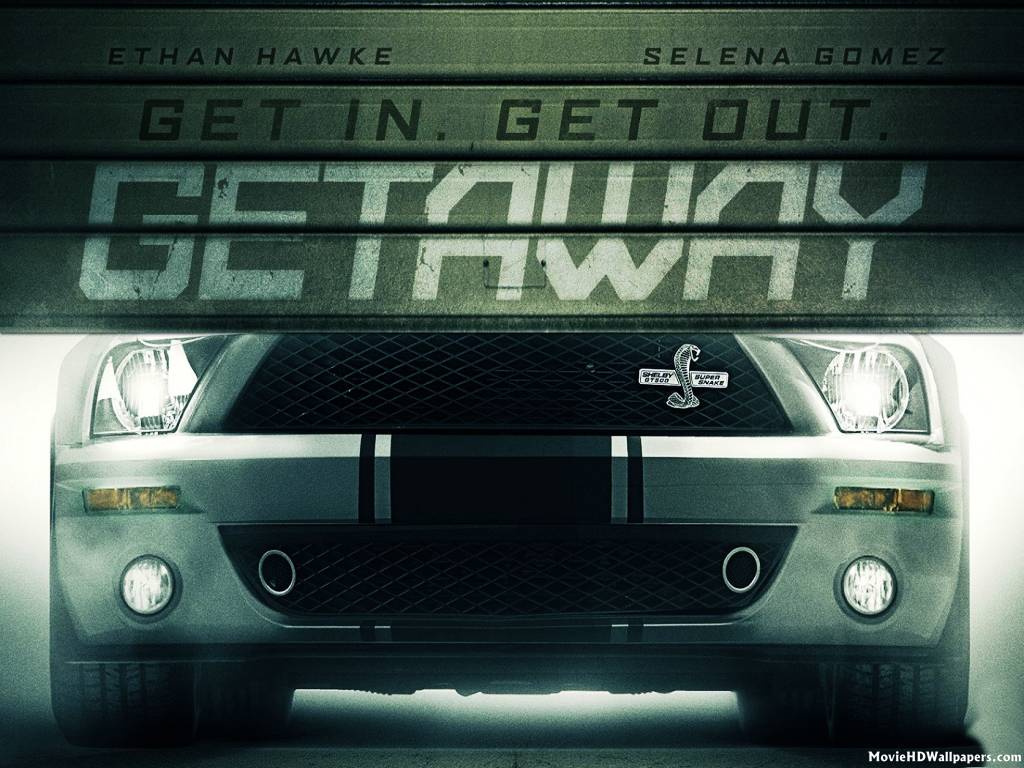“Prisoners” is a bleak and dramatic look into the fears of
the American middle class. It’s about the corruption of law and religion, the
defilement of our youth, and the pain and trauma of recovery. It’s a film that gazes into the abyss and
looks back without any consolation. It’s an ambitious movie that casts a wide
net with its narrative goals.
Unfortunately, what draws back is a tangled plot full of promises that
it can’t fulfill.
This
film tells the story of two families, Hugh Jackman and Maria Bello as Keller
and Grace Dover and Terrance Howard and Viola Davis as Franklin and Nancy
Birch. During thanksgiving dinner, while playing outside unsupervised, their
two preteen daughters go missing. Shortly after their disappearance, the
police, led by a hot-shot detective named Loki (Jake Gyllenhaal), find the RV
that was parked and identified outside of the Dover’s home just before the
children went missing. After an
attempted and failed getaway, Loki arrests the inhabitant; a troubled and
frightened young man named Alex Jones (Paul Dano), a squirrelish loner who
suffers from an obvious learning disability.
The
meat of this picture deals with the reconciliation between justice and
morality. After Jones is brought in for questioning and his vehicle is found
clean of evidence, he set free. This then leads Keller to enact his own form of
punishment, in which he kidnaps and tortures Jones until he can force the whereabouts
of his daughter out of him. Being a doomsday prepping survivalist, Keller
builds a small wooden box inside of the dilapidated bathroom of an abandoned
house, where, unbeknownst to his wife or the police, he exposes his captive to
scalding hot shower water and/or whatever else he deems appropriate to coax
from Jones the information that he needs.
Of course, most media savvy viewers might
recognize the name Alex Jones as the far-right radio personality who is himself
an extreme second amendment proponent and controversial conspiracy theorist. Though
his moniker is handed to Dano instead of the Jackman character, who more
closely exhibits his ideological stance, it was hard not to derive some sort of
connections between his type of American fanaticism and the movie’s thematic
intentions.
The
other chunk of this plot is a far more traditional hard-boiled detective story,
following Loki, as he descends into the Dante’s metaphorical circles of hell,
in search for not only the endangered children, but also his dignity as a
policeman, as well as his masculinity—all standard noir stuff. Much like
Gyllenhaal’s character in David Fincher’s similar film “Zodiac”, he is thrown
into many false leads and frustrating red herrings and as the story intercuts
between his dark odyssey and the torture-bathroom scenario, the film asks the audience to
place their bet on who's right, who's wrong, and who's wasting their time.
I
commend this film for its unrelenting nihilism, and for its subtlety subversive
use of common genre elements to explore the dark side of humanity. Without
being too literal, it asks interesting questions about capital punishment and the
efficiency of the modern justice system. However, as the film digs deeper into
its plot it becomes increasingly implausible and convoluted. Too much time is
spent following Loki’s wild geese and in trying to stay ahead of the audiences
expectations the movie loses touch with its challenging ideas and its emotional
core.
While anything but perfect, “Prisoners” isn’t a total wash. The
cinematography by Roger Deakins is rich and moody, the direction by
Dennis Villeneuve is effectively studied and most of the performances are raw
and confrontational. But the film as a whole loses itself in its labyrinthine
storyline, culminating in a final reveal that is somewhat underwhelming, given
all of the time devoted to its winding, ‘whodunit’ lead up. Though it could have (and almost did) find its own unique identity, it instead settles to be yet
another “Silence of the Lambs” or “Zodiac” retread—albeit a very well-made and
well-acted one.
Originally published in the Idaho State Journal/Sep-2013



